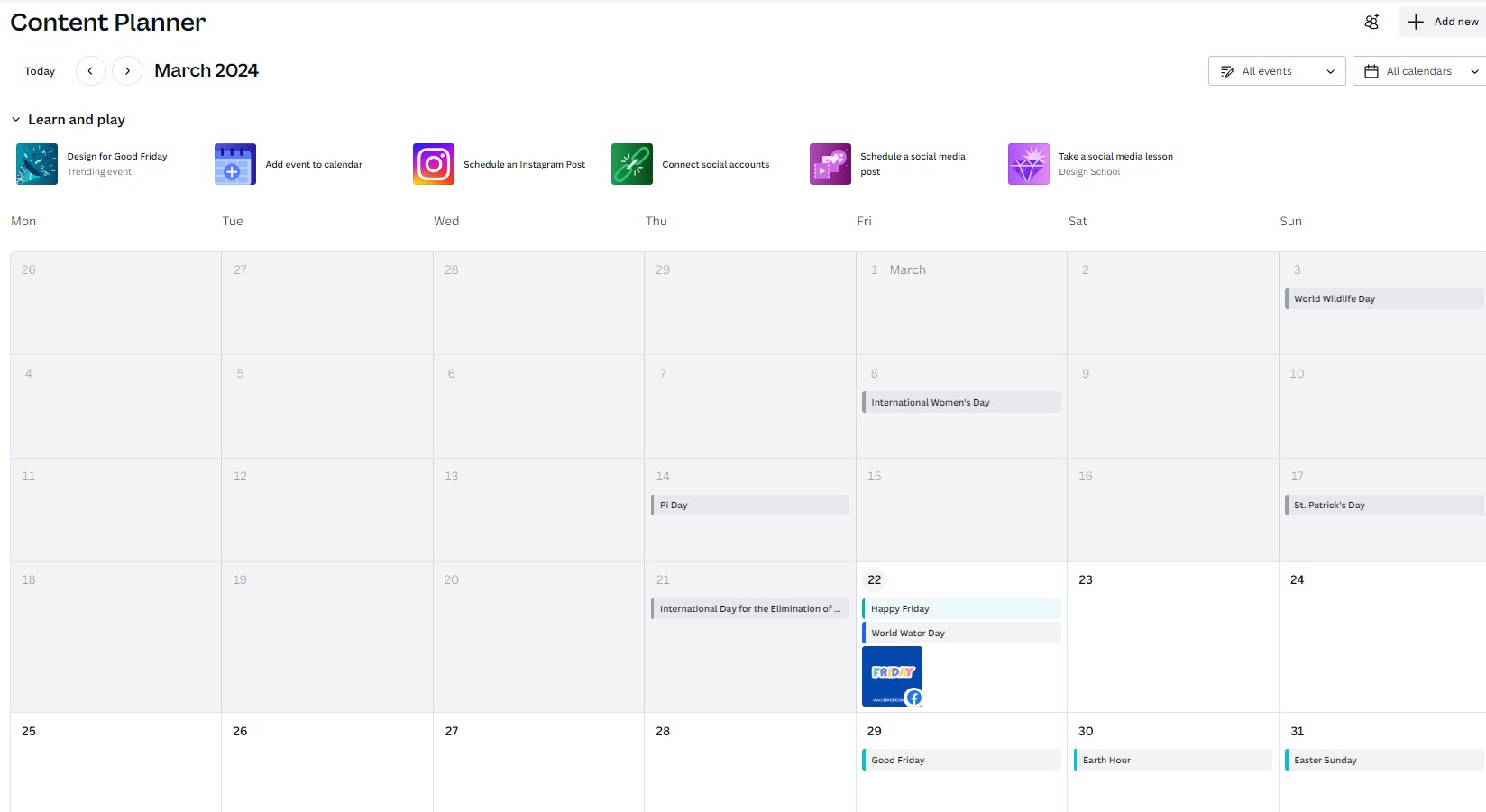In today’s digital landscape, where privacy concerns are paramount, having a Privacy Policy page on your website is not only essential for building trust with your visitors but also for complying with various advertising platforms’ requirements. In this article, we will explore why having a Privacy Policy page is crucial, particularly if you plan to run ads on popular platforms such as Google Ads, Facebook Ads, Instagram Ads, and LinkedIn Ads.
Building Trust and Transparency
A Privacy Policy page demonstrates your commitment to protecting users’ personal information and provides transparency about how their data is collected, used, and safeguarded. It assures visitors that their privacy is a priority for your website, fostering trust and credibility. By clearly outlining your data handling practices, you create a sense of transparency that can enhance the user experience and encourage users to engage with your brand.
Legal Compliance
Various laws and regulations around the world require websites to have a Privacy Policy in place. For instance, the General Data Protection Regulation (GDPR) in the European Union mandates that websites collecting personal data from EU residents must have a Privacy Policy that discloses how data is processed. Similarly, the California Consumer Privacy Act (CCPA) imposes specific obligations on businesses operating in California. Failing to comply with these regulations can lead to severe penalties and legal consequences.
Advertising Platform Requirements
If you intend to run ads on popular platforms like Google Ads, Facebook Ads, Instagram Ads, and LinkedIn Ads, having a Privacy Policy page is often mandatory. These platforms have specific policies and guidelines that require advertisers to provide a Privacy Policy link on their websites. This is done to ensure the protection of user data and to create a safe advertising ecosystem. Failure to comply with these requirements can result in ad disapproval or account suspension.
Having a Privacy Policy page is crucial for both legal compliance and building trust with your website visitors. In addition to meeting legal obligations, it is a prerequisite for running ads on platforms like Google Ads, Facebook Ads, Instagram Ads, and LinkedIn Ads. By being transparent about your data practices, you can establish a positive relationship with your users and enhance your brand’s reputation. Prioritize the inclusion of a comprehensive Privacy Policy page to ensure both legal compliance and a user-friendly experience on your website.
What To Include in a Privacy Policy
Your Privacy Policy should cover essential details, including:
- Types of data collected (e.g., name, email address, IP address)
- Purpose of data collection and how it will be used
- Disclosure of data to third parties, if any
- Information about cookies and tracking technologies
- User rights and choices regarding their data
- Security measures implemented to protect data
- Contact information for data inquiries or requests
Do what YOU do best and outsource the rest!





